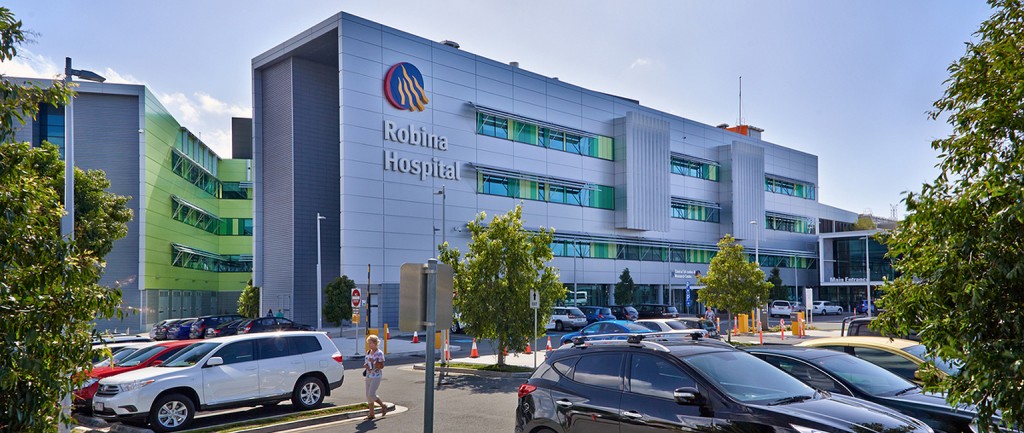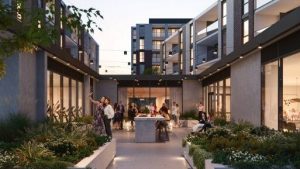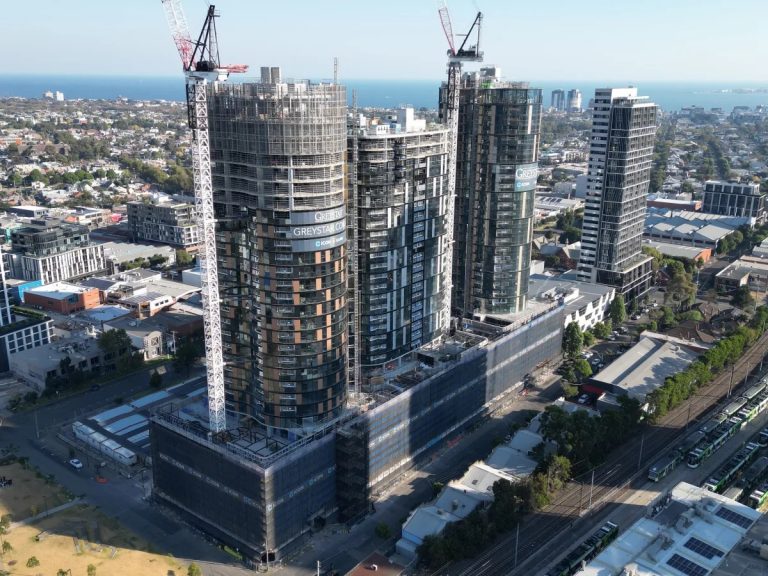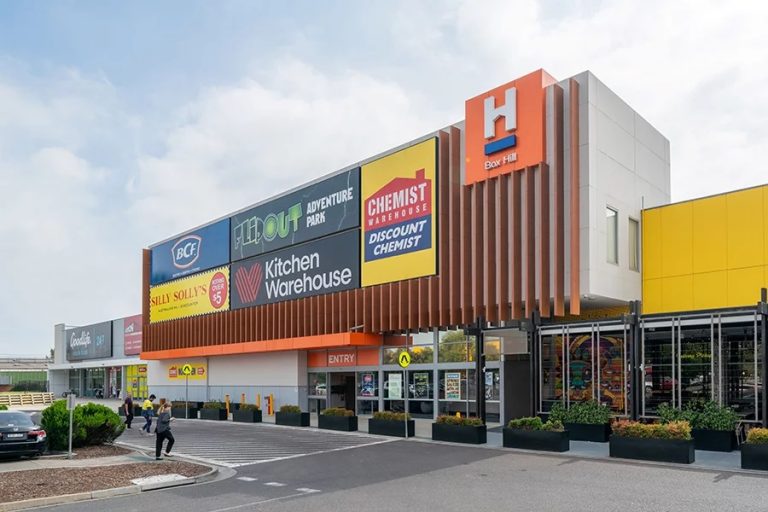Hospitals, student accommodation the next frontier for investors

Hospitals, car yards and college dorms used to be the ugly ducklings of Australian real estate — shunned by the big domestic property trusts in favour of up-market office towers and big-box retail malls offering better returns. Not any longer.
An influx of capital from foreign investors, including Middle Eastern sovereign-wealth funds and Asian property trusts, has shifted the competitive landscape in Australia, pushing up prices for commercial property and forcing many local real estate investment trusts, or REITs, to expand their horizons in search of yield.
Australia’s biggest office landlord, Dexus Property Group, recently agreed with hospital operator Ramsay Health Care to develop a 128-bed private hospital on a site it owns in Sydney with the deal expected to see the group launch its first medical fund within two years, according to chief executive Darren Steinberg.
Charter Hall Group last month launched a second fund anchored by properties leased to car dealer Automotive Holdings Group and is also developing a college campus. Facing an apartment glut partly caused by a surge of foreign investment, property company Mirvac Group is considering a foray into affordable housing.
Driving the shift towards more exotic assets are falling capitalisation rates — a key measure of investment returns from property — for office blocks, industrial warehouses and shopping malls. They recently dropped close to record lows set before the global financial crisis.
Analysts blame a lack of supply. According to realtor Savills, commercial property worth a combined $107 billion has been sold in the past four years in Australia, representing nearly a quarter of the sector’s total value. Among the foreign owners of Australian offices and retail malls are US-based Blackstone Group and Singapore’s Frasers Centrepoint, which completed a $2.6 billion acquisition of Australand in 2014.

Hospitals could soon be in vogue amongst commercial property investors.
“Given that level of turnover, it’s unsurprising to find out there isn’t a lot left for sale because the people who currently own it want to keep it,” says Tony Crabb, Savills’s head of research in Australia.
Commercial property sales in Australia fell 57% to $10.2 billion in the first half of 2016, according to Real Capital Analytics.
Demand for property in Australia, Britain and the eurozone has surged in recent years as low interest rates have driven investors around the world to seek riskier assets to boost returns, and the growing stock of capital at sovereign-wealth funds and pension funds looks to find a home. The value of deals across the three markets over the past two years was up nearly 50 per cent on the previous two years, according to RCA.
Analysts say overseas interest in Australian commercial real estate has been helped by its relatively high rental yields compared with elsewhere, and political uncertainty such as Brexit in Britain and the US presidential election. Australia is viewed as a haven because of its stable political system and an economy that has gone 25 years without a recession. Recent free-trade agreements with countries including China and a lower Australian dollar are bolstering the appeal of the market to foreign buyers.
It’s unsurprising to find out there isn’t a lot left for sale because the people who currently own it want to keep it
In Australia last year, 38% of commercial-property deals over $US10 million ($13.25 million) involved a foreign party, up from 16% in 2008, according to RCA. In the US, 20 per cent of deals involved foreign counterparties.
The steady stream of foreign capital has helped drive up prices faster than rents. Still, yields offer a good margin above government bonds and are among the highest globally.
According to MSCI’s IPD property indexes, Australian yields were at 6.21% in June compared with 4.9% in Britain and 4.6% in the US.
But intensifying competition from foreign buyers is making it tougher for Australian real estate investment trusts to source the properties they need to maintain growth.

Student accommodation is one of Australian property’s biggest growth areas.
That has led Dexus to branch into medical real estate. Steinberg says the $8.65 billion-valued trust is in talks with several medical-facility operators and he is “reasonably confident” Dexus will be able to launch its first medical fund within two years.
He says Dexus’s deal with Ramsay for the Sydney hospital sparked interest from local and offshore pension funds wanting exposure to a sector set to benefit from Australia’s ageing population.
“We’ve had some reverse inquiry from investors that are looking to get invested into the medical space,” Steinberg says. “Obviously, the demographics of that space are quite positive.”
Over the next 40 years, the government expects the proportion of Australia’s population that is more than 65 will almost double to about 25%. Unlike in the US, however, Australian property trusts have been slow to invest in health clinics and hospitals, which are largely owned by operators or private investors.
We think education is another sector that there will be quite a lot of long-lease assets that we can build, or buy on a sale and lease back
Australia’s property-trust sector is dominated by diversified trusts focused on industrial properties, offices and shopping malls. In contrast, in the US market, 13% of the S&P US Real Estate Investment Trust index is invested in health care, 16% in hotels and resorts, 16% in residential property and 13% in the other specialised categories encompassing properties such as prisons, data centres and baseball parks.
David Harrison, Charter Hall’s chief executive, says venturing into new asset classes offers the opportunity to buy properties at lower prices and benefit from appreciating values as the sector attracts more institutional investors.
Charter Hall has been among the most aggressive in buying assets previously off the radar of property trusts, even as it maintains a large position in office, industrial and retail property. A portfolio of pubs leased for 20 years to ALH Group, a subsidiary of supermarket giant Woolworths, has been a star performer, delivering a 20 per cent annual return.
Charter Hall is developing a campus for Western Sydney University and is looking for new opportunities in education, which is Australia’s third-largest export behind coal and iron ore because it caters heavily to foreign students, including from China and India.
Harrison says education and medical facilities offer long-term leases that are in high demand from pension funds wanting to co-invest with Australian REITs via their rapidly growing fund-management businesses. Australia’s $US1.5 trillion pension market is the world’s fifth largest.
“We think education is another sector that there will be quite a lot of long-lease assets that we can build, or buy on a sale and lease back,” he says.
This article originally appeared on www.theaustralian.com.au/property.







